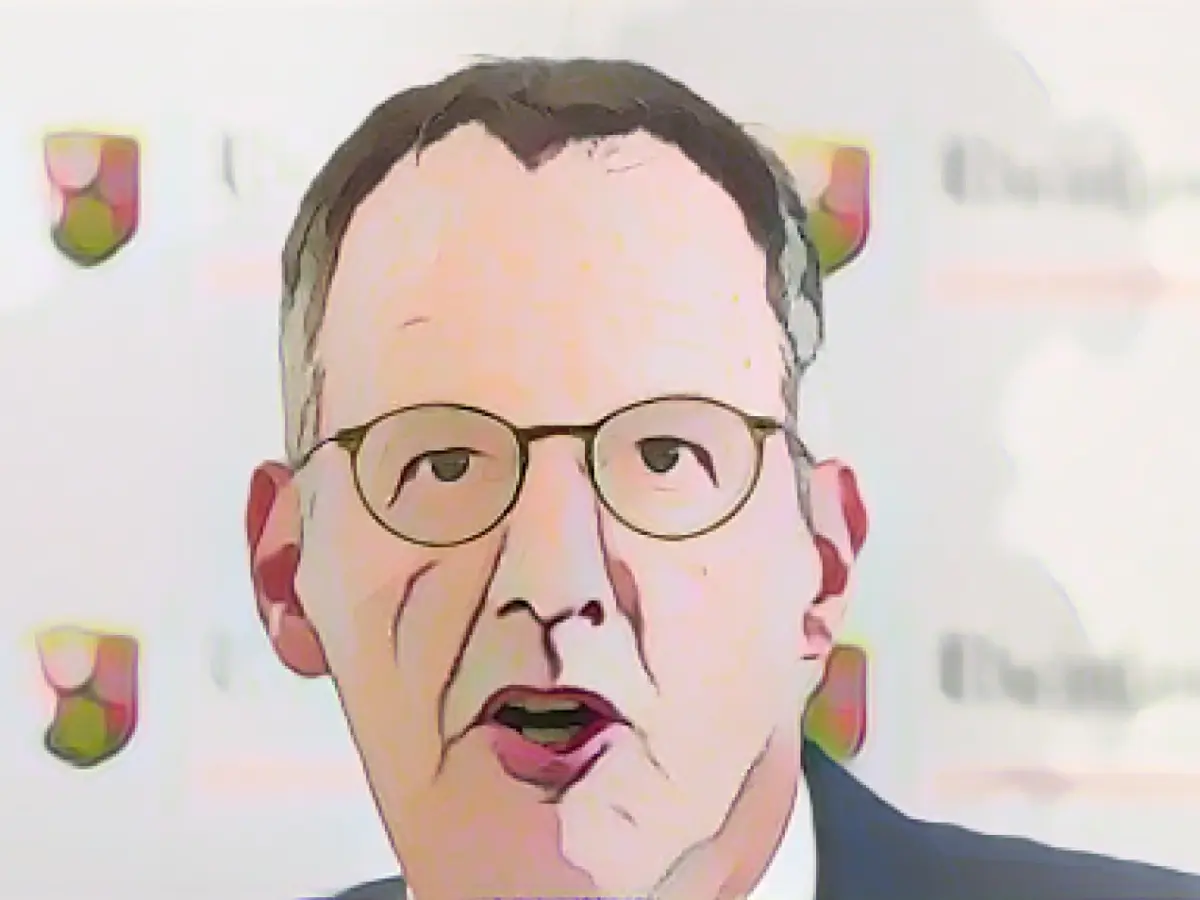Coronavirus Chronicles: Ebling's Eyewitness Account of Society's Shift
In a candid interview with the German Press Agency in Mainz, Interior Minister of Rhineland-Palatinate Michael Ebling sheds light on how the corona pandemic has dramatically altered the societal landscape. This change, Ebling reveals, has outstripped our expectations, leaving an indelible mark on society since 1949 - a period hardly touched by such far-reaching state interventions.
Perception of the State: Gauging Reality and Imagination
In the face of this unprecedented state intervention, people began to perceive the government as an intrusive, enforcement-centric entity. Recalling the early stages of the pandemic, Ebling cites the transformation of restrictions from a canceled concert to the sealing of public spaces and the decimation of social life.
The notion of a powerful state, as Ebling points out, has fuelled the imaginations of some citizens, who envision even more stringent rule-enforcing scenarios. For example, in the heated debate surrounding the heating law, many people entertain the idea of the government exerting control over their affairs - a stance that goes beyond the dominance of a specific political stance or party. Critics of such views ultimately target not only discretionary governmental actions but also the very essence of democracy and state integrity.
The Acceleration of Polarization
In this new socio-political milieu, criminal activities among such groups as corona deniers have emerged. Social media platforms intensify the problem by creating an online environment that fosters unity among individuals from diverse backgrounds, blurring the lines between reasonable criticism and extremist ideologies.
The infamous "United Patriots," currently on trial in Koblenz, exemplify just how far this unhinged collaboration can spiral out of control. This case underscores the disturbing truth that the pandemic-driven perceptions of the state and the authorities can aggravate polarization and ultimately give rise to criminal behavior.
The Path Forward
In light of this newly discovered societal dynamic, clearly defined laws and legal frameworks are indispensable to establish effective disaster management and public health responses. Transparency, practicality, and trust are the cornerstones upon which communities can rebuild relationships, bridging gaps and ensuring a safer future.
As Germany continues to navigate through the pandemic and beyond, the incisive words of Ebling serve as a stark reminder that society's response to crises has profound implications – raising questions about trust, legitimacy, and, ultimately, democracy itself.
Sources:
- Enrichment Data
Additional Insights:
- The pandemic has given rise to robust, modern, and transparent disaster management systems, focusing on clear definitions, professionalization, and public awareness to ensure optimal coordination and preparedness during crises.
- Rhineland-Palatinate's new Landesbrand- und Katastrophenschutzgesetz (LBKG) aims not only to reform the disaster management system but also to lay the groundwork for effective crisis management, including the unification of crisis management sectors and the establishment of well-trained, dedicated staff.
- In conjunction with these reforms, public education and awareness campaigns are paramount to ensure that the general population understands their role in disaster prevention and preparedness, particularly to safeguard children and young adults.
Relevant Enrichment Data Touches
- Clear legal frameworks and transparent disaster management measures bolster effective crisis mitigation and strengthen public trust in authorities.
- The updated LBKG embodies a comprehensive reform of the disaster management system, streamlining procedures, and ensuring functional coordination among emergency services and governing bodies.
- Public awareness campaigns are required to educate the public on appropriate emergency planning and response measures, fostering a society prepared to safeguard itself and its loved ones during crises.








